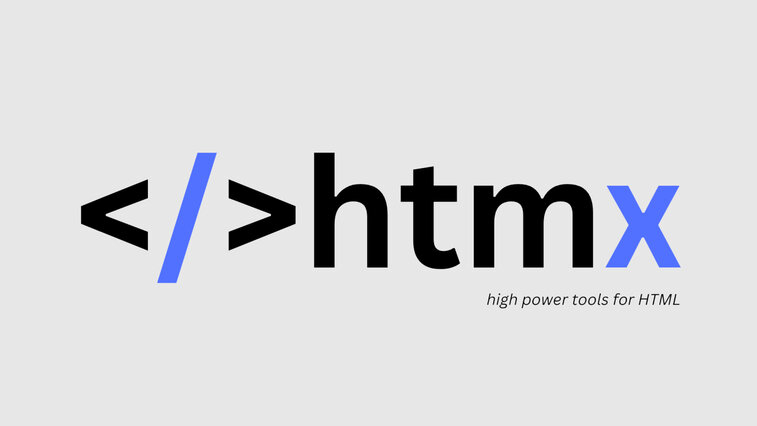As I was finishing my master's degree, I wondered what I would do after school. As a graduate in bioinformatics, I had several options, including the IT world. At first, I was very apprehensive about it and thought this field definitely wasn't for me. Suddenly, I came across an opportunity for a summer internship at a software development company online, which was a good chance to look "under the hood" and find out what it's like to be part of a development team and be in this environment every day.
After successfully completing the entry task and interview, I was accepted for the internship, and it all began. I became part of the testing community and was tasked with working on developing a framework for automated testing. I'll never forget the first online meeting where a colleague told me, "It's a new framework, and it's going to be a battle." I don't know why, but it didn't faze me, and I took it as a normal state that I encountered daily at university and saw it as another challenge in life.
Until then, I had no idea about testing, and terms like Selenium, Squish, RobotFramework, and others were completely foreign to me. Not to mention various manual testing concepts like regression, unit tests, smoke tests... My head was spinning. Well, what can I say, this is how I literally became a software tester overnight. Each day, I felt it was making more and more sense, and things were starting to connect in my head.
Gradually penetrating the tester's craft gave me a whole new insight into the programming world. It's definitely not just simple clicking on buttons and watching what the application does. A good tester must look at everything from multiple angles, and that's what I enjoyed most about it. Coming up with different scenarios and examining whether the application can withstand them or not. It quite changed my perspective on things outside of work, and I started testing, for example, people's behavior in various situations. I also started having nightmares. No, I'm kidding, I just sometimes dream that I'm at a testing station trying to replicate one test, that's normal, right? :-)
I was very lucky to be part of a great team of testers from the start who took me under their wing, shared their rich experiences with me, and helped me whenever I felt lost. They deserve a big Thank You for that. Moreover, it was a group of musicians, and I saw that developers aren't just introverted creatures who spend most of their time at the computer. Working with them started to fulfill me so much that the original bioinformatics dream dissolved, and I began to feel like a fish in water in the IT world.
Currently, I've left the role of a manual tester and am fully focused on developing software for automated testing, which is actually like testing squared. I test both the respective applications and the framework I'm working on. Since we test applications for microscopes, my work also involves communicating with people who are experts in various fields, such as physics and biology. That's probably what I enjoy most about the job because, alongside the development activity, I'm gaining knowledge from other fields as well.





